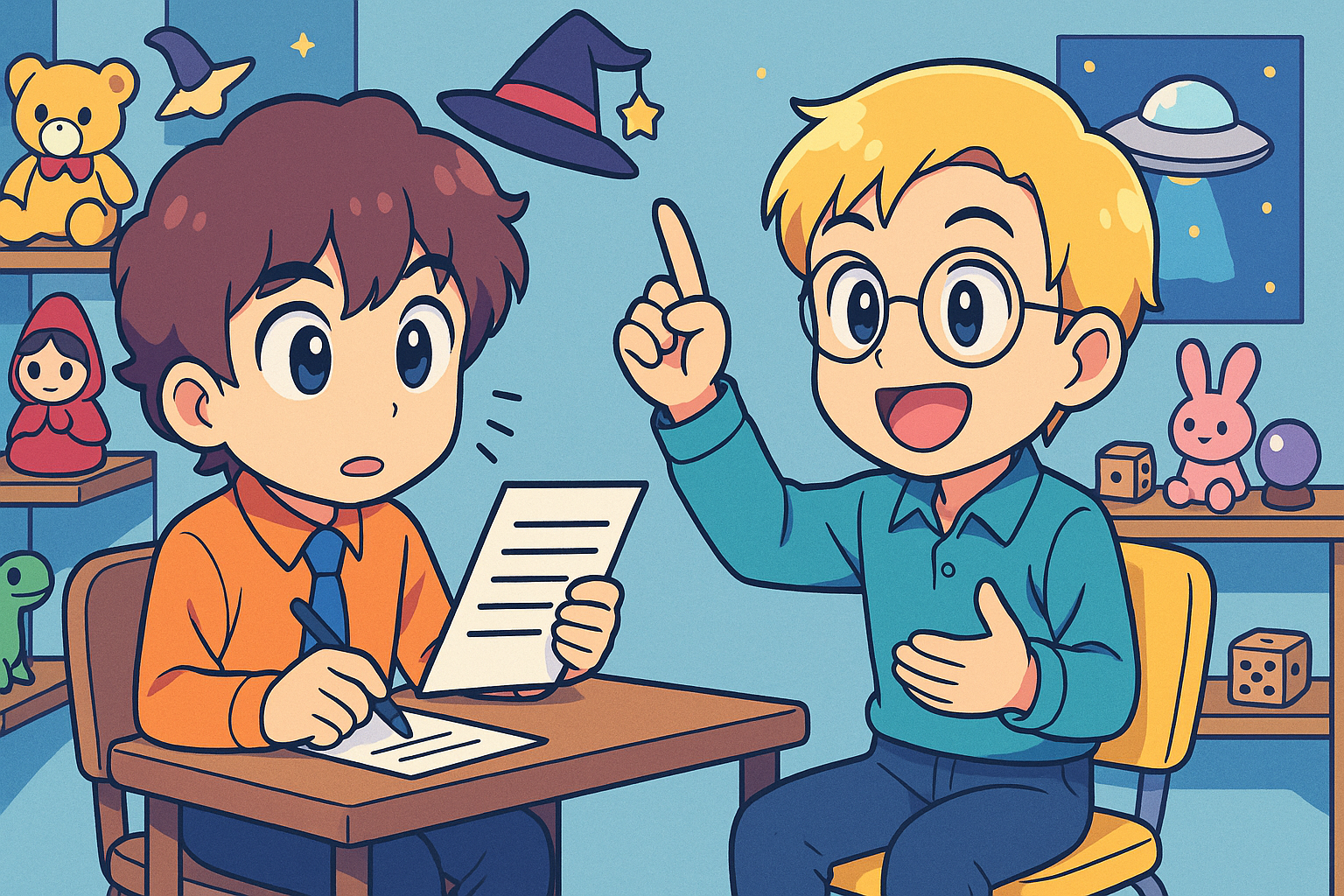Stop Matching Skills, Start Finding Talent
Stop filtering out great developers because they don't match your tech stack. Standardized interviews optimize for consistency, not insight. Go deep with candidates—challenge their decisions, dig into their thinking, and build a team that raises the bar.

The trend now seems to be standardizing everything. The hiring team, sometimes collaborating with an external talent consultancy firm, first analyzes what skills are needed for the company, converts it into a skill matrix, and then identifies where the gaps are and what's considered the minimum required score. A candidate is scored against the metrics through a standard set of interviewing questions. The idea is to remove any unconscious bias from the hiring process, so that everyone is evaluated fairly against the same metrics.
The Problem with Standardization
The caveat is that the system itself is designed to funnel people with similar traits. Yes, that's the goal, isn't it? The drawback is that it optimizes for matching what you already have, not for finding exceptional talent. It's a major loss to filter out an incredibly talented developer just because they don't use your particular tech stack just yet. A great developer can pick up any framework within a reasonable time.
Shallow Interviews
The second failure compounds the first. Most interviews follow a script that stays surface-level. "Tell me about a time you resolved a conflict." "What's your greatest weakness?" "Here is an imaginary scenario where this React app takes 5 mins to render, how would you approach it?" These questions get you scripted answers. You learn what candidates have been coached to say, not how they actually think.
The result? We've optimized for consistency at the expense of insight. The most significant cost? An implicit bias toward hiring people similar to us, rather than people who might be significantly better. Ironically, the standardization is supposed to eliminate bias, isn't it?
Going Deep
The best interviewing tactic from my experience is to let them teach you what they've done, and then go really, really deep. Unpack the reasoning behind their decisions, challenge the alternatives, ask them to reflect on what they'd do differently now.
From the process, you get to clarify how they approach things, their strengths, their communication style, their critical thinking, and a strong signal of whether they will be scaling or staying.
Learning from One of the Best
This interview with Brian Chesky from The Art of Hiring is full of gems about his mindset as a CEO—later coined "Founder Mode" in Paul Graham's essay—and the way he approaches hiring talented people.
Regarding this post, the most relevant parts are from "How to develop taste in who you hire for" to "Overruling interview questions." Chesky talks about skipping past surface questions to understand not just what candidates have done, but the quality of their thinking, their taste, and their capacity to grow. He's looking for people who will raise the bar, not just meet it.
A Different Approach
In sum, leave room in your job description instead of listing every technology in your stack. Go deep into the quality of their work, digging out their potential. Do not interview like a random questionnaire popped up on the street. Go beyond specific tooling proficiency like JavaScript, React, PostgreSQL. Diversify your talent pool.
The best candidates often don't fit your template perfectly. They're better than your template. When your hiring process recognizes that, you'll build a team that raises the bar.
